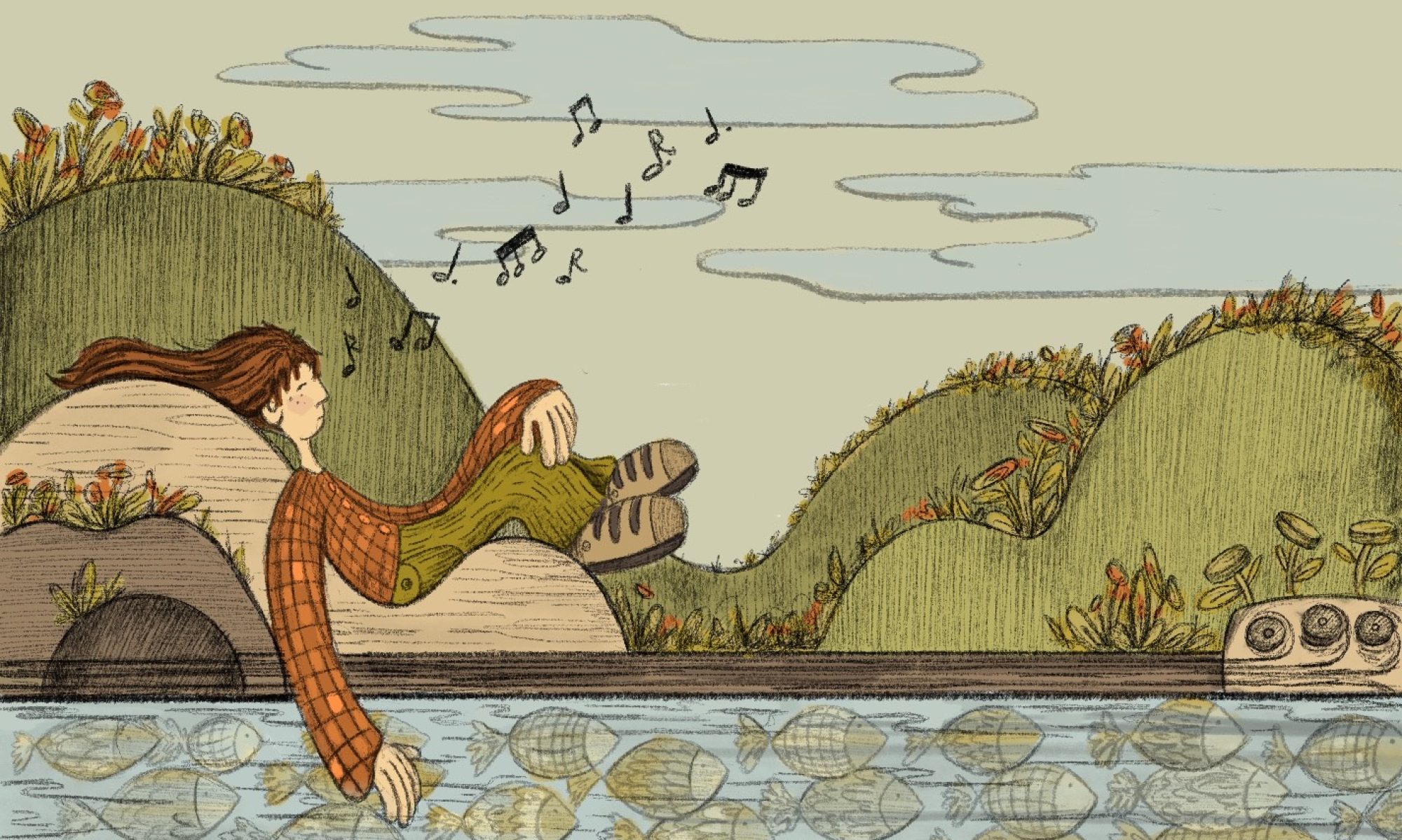~getting away with everything—a collaboration to carry you far, far away
As the new year rolls around, you may be thinking about what books you can purchase to help you achieve those newfound resolutions—but after the past few years of what we’ve all endured, I urge you to reach for a poetry collection adamant on lamenting the damage of the past. ~getting away with everything is a shuffled around correspondence between two talented poets: Vincent A. Cellucci & Christopher Shipman. The collection mirrors an open dialogue among the two writers, that functions like a stream of consciousness, but here’s the wonderful kicker, it’s out of chronology. There are times where you’re certain you know which voice is speaking, but you quickly realize the purpose of this book isn’t to find out which part of the puzzle you are looking at (or hearing from), but that the meshed conversation is the soul of the collection.
~getting away with everything is an honest recollection of remembering where you came from through fragments of memory, while also looking to the future you may face. The opening poem’s title: “Solastalgia” translates from Latin as a description of the distresses faced by human emotion and existentialism due to environmental change. Both poets in conversation suffered losses attached to Hurricane Katrina, COVID-19, ecological erosion, and every small daily loss one can endure. This collection speaks to their reader by saying, “let’s tell a story—/every story of home…” (24). This is a poetry collection coveted by place, moving on, moving around, but always spending time looking back in the rearview with “all our exhausted ghosts in tow/pretending to be innocent shadows” (27). This is a poetry collection about survival and living through homesickness, while finding new places to be grounded, to be human.
Shipman & Cellucci carefully craft their poems to echo the one previous. Every new title emerging on the page carries the ghost of the last poem. They eloquently honor death and the processing of grief through showing how humans “urchin behind/with our little human spines/and bottom-feeding/mouths fossilizing doubt/begetting/all these fragile everythings” (43). This isn’t a collection about loss, but a conversation to those losses. Each new poem eats and carries the grief and the new surroundings of the next poem. Each poem is a form of a getaway for the last.
Though the idea of escaping is vast in this book, both poets admit the phrase: “I am/still/slow/in/the/process/of/disappearing” (75). That’s why this book stands on two feet and runs across the span of 240 pages. Each page is a remembrance of how surviving death makes it hard to actively disintegrate and leave no trace. These poems proudly demonstrate that “every getaway leads to another getaway” (55). Shipman & Cellucci remind us that “the sky is never finished/so nothing is” (239). When this book begins its disappearing act on the final page, the open punctuation of the final poem feels like a pull on your coat to go back to the first poem’s getaway. I urge you this new year to sit on the metaphorical porch with these poets, their voices, and their acts of remembering things lost to the distance, those still clinging on, and others making their first getaway.
